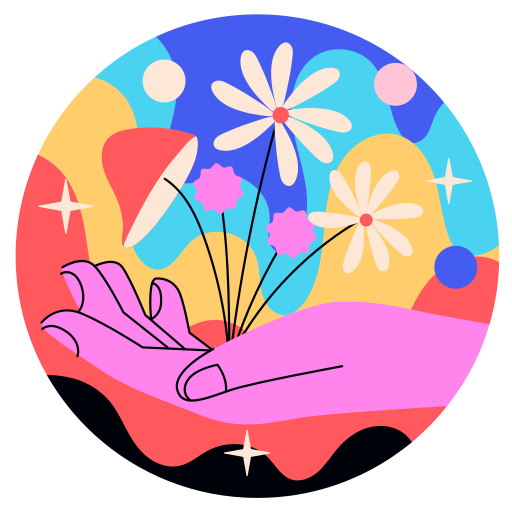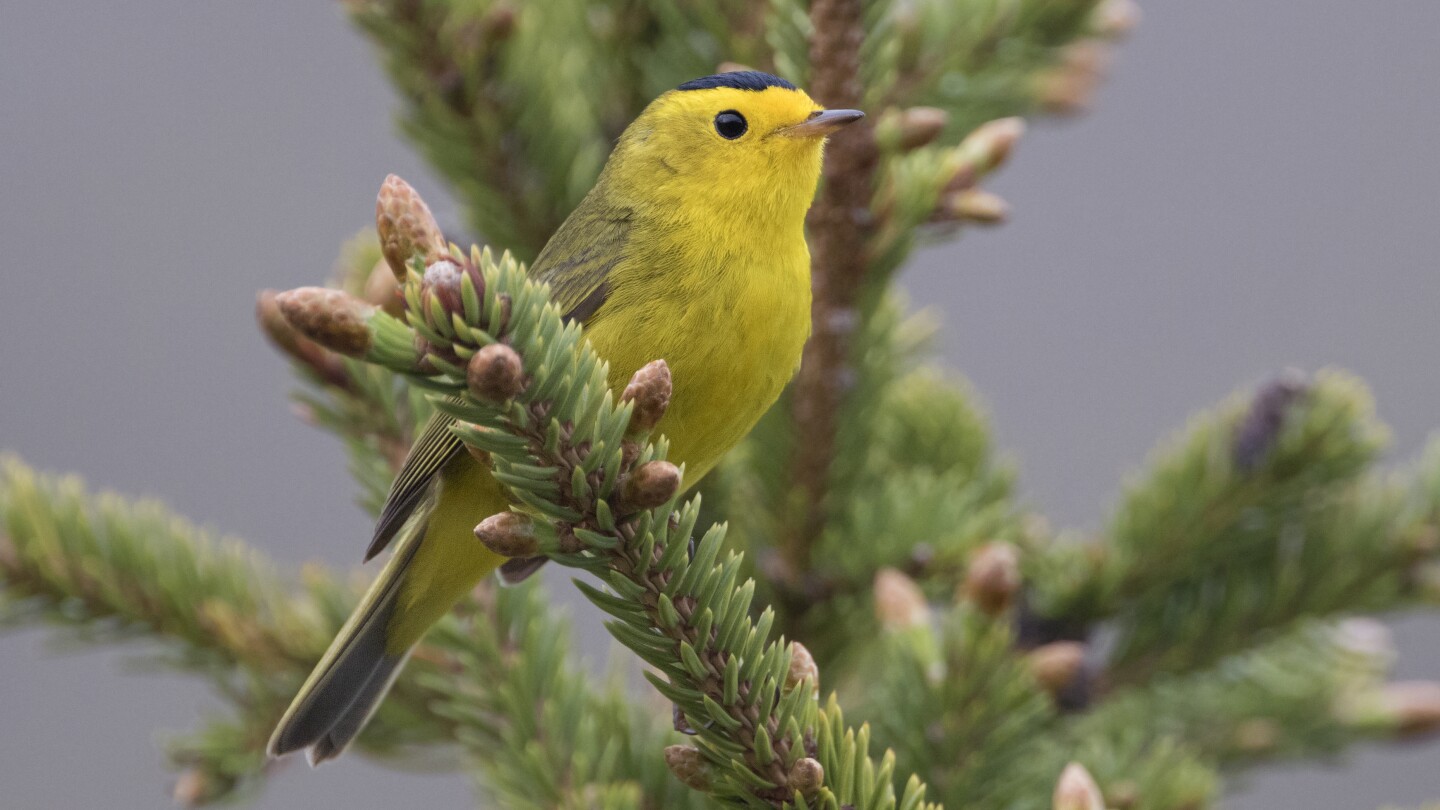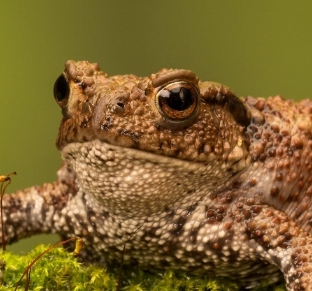The yellow-bellied sapsucker, however, will not be renamed, as white people are not an oppressed group.
Underrated joke.
Audubon was a bird-murdering slave-owning prick and should be remembered as such
There is a strong contingent within members of the Audubon Society to rename it.
I got to help preserve some of his birds in a zoology museum I worked at. It was pretty cool. At least they are used for education now. I had to wrap and freeze them because carpet beetles are little bitches. That museum was wild.
I think it’s always good to see such things enacted, and it’s rarely done on such a broad scale. Common names are a big bucket of chaos for joe schmoe anyway*, so I’m all in favor of adopting anything more descriptive or in relation to field marks. I feel that the changes being broadcast so publicly will lead curious people to learn more about the history of birding, too- and hopefully lead to understanding why this sort of thing matters.
*Often broad species names, even. I’ve found that the general public has no idea of the difference between a mouse, mole, vole or shrew, and has even less of an idea that there are multiple species of all of them.This is the best summary I could come up with:
Birds in North America will no longer be named after people, the American Ornithological Society announced Wednesday.
In 2020, the organization renamed a bird once referring to a Confederate Army general, John P. McCown, as the thick-billed longspur.
“I’m really happy and excited about the announcement,” said Emily Williams, an ornithologist at Georgetown University who was not involved in the decision.
She said heated discussions over bird names have been happening within birdwatching communities for the past several years.
Earlier this year, the National Audubon Society announced that it would retain its name, even as critics and some voices within the organization have argued that it should dump the association with a man, John James Audubon, whose family owned slaves.
A 2020 encounter in New York’s Central Park served as a public wake-up call about the discrimination that Black people sometimes face when trying to enjoy the outdoors.
The original article contains 452 words, the summary contains 148 words. Saved 67%. I’m a bot and I’m open source!
Removed by mod
Stupid
ffs
This is the dumbest shit.
I don’t know, man, look at your username…
Biologists and science communicators are being conscientious and thoughtful about the history of their professions. “The dumbest shit” indeed.





